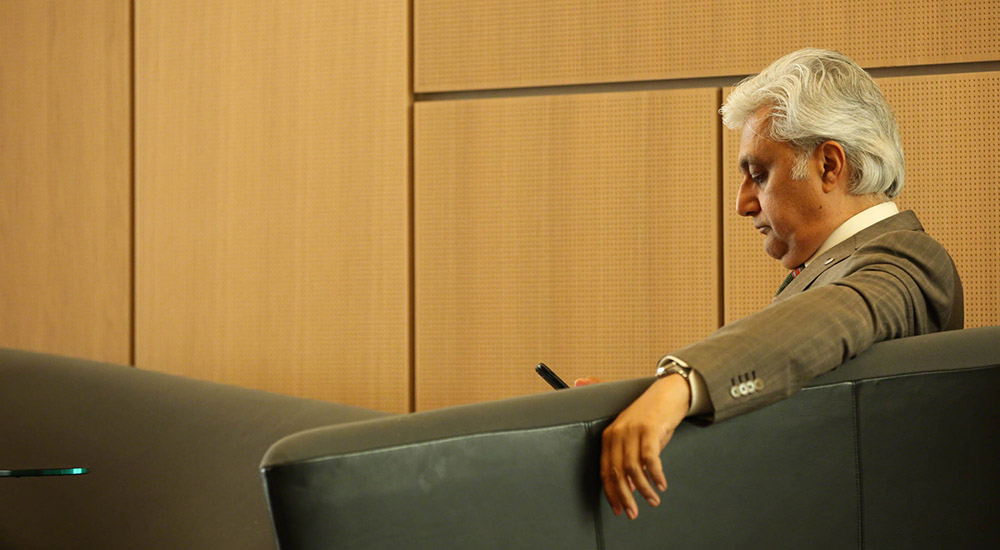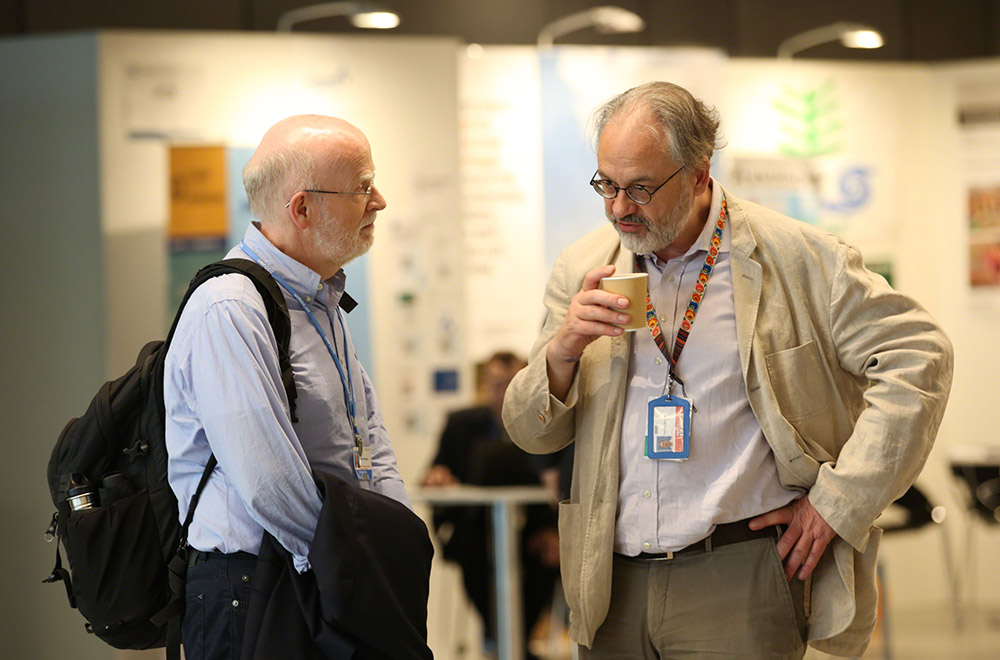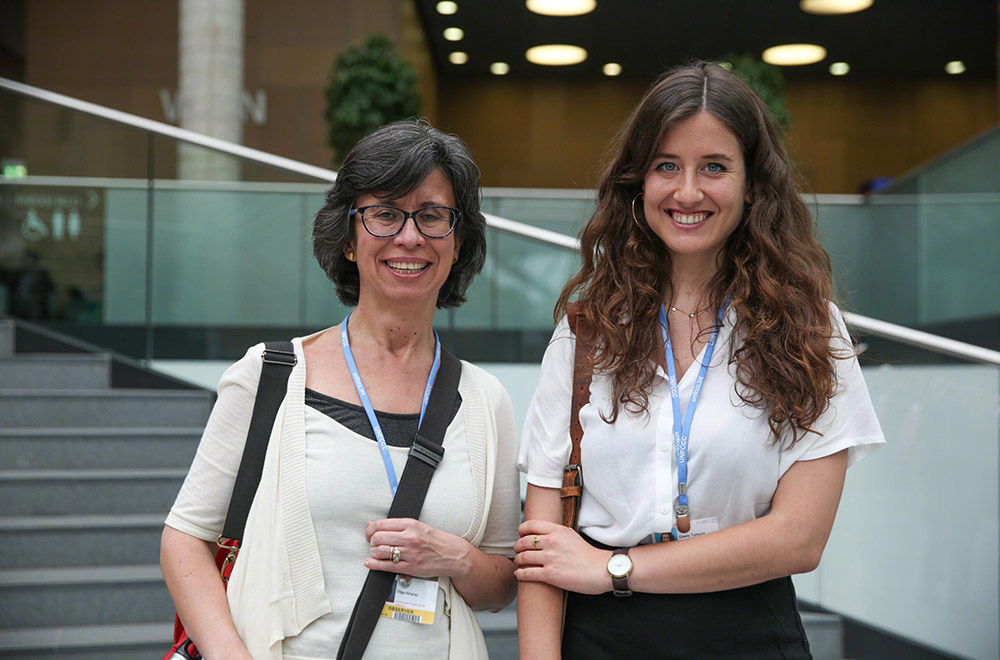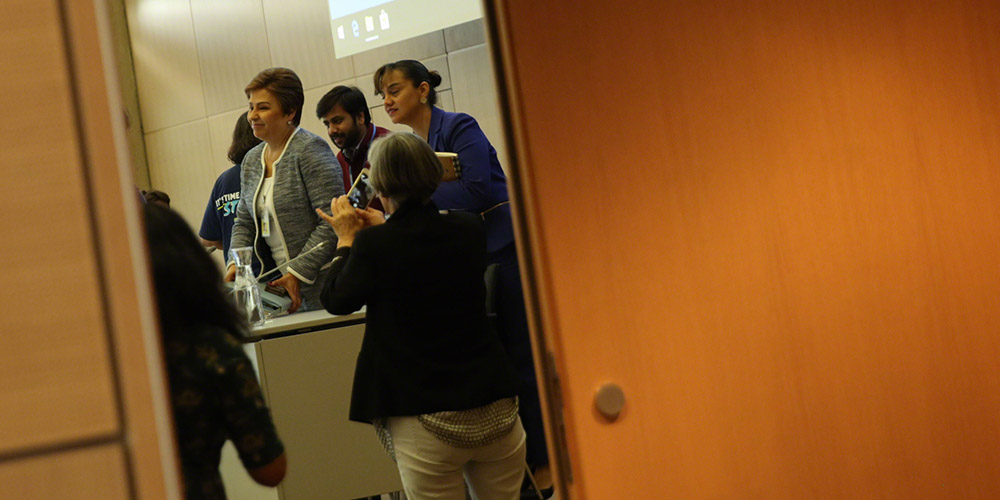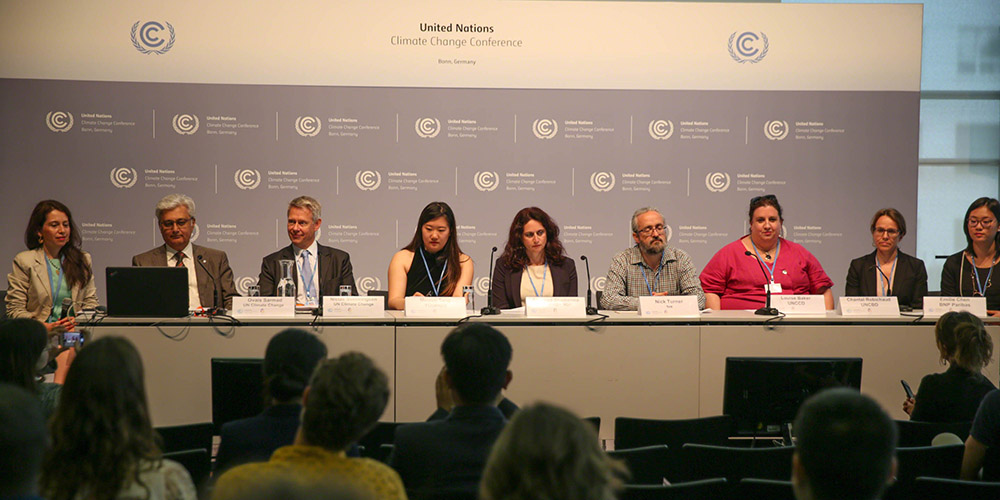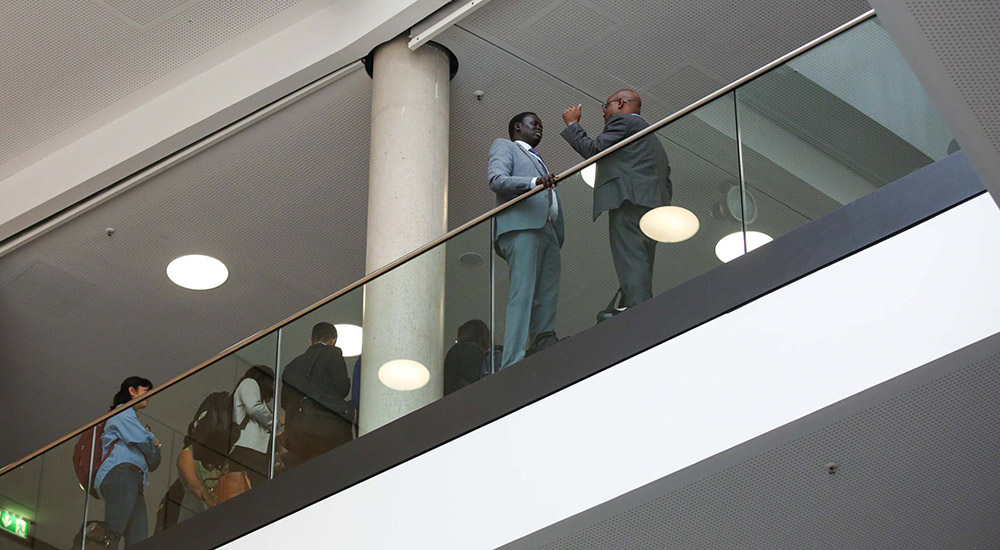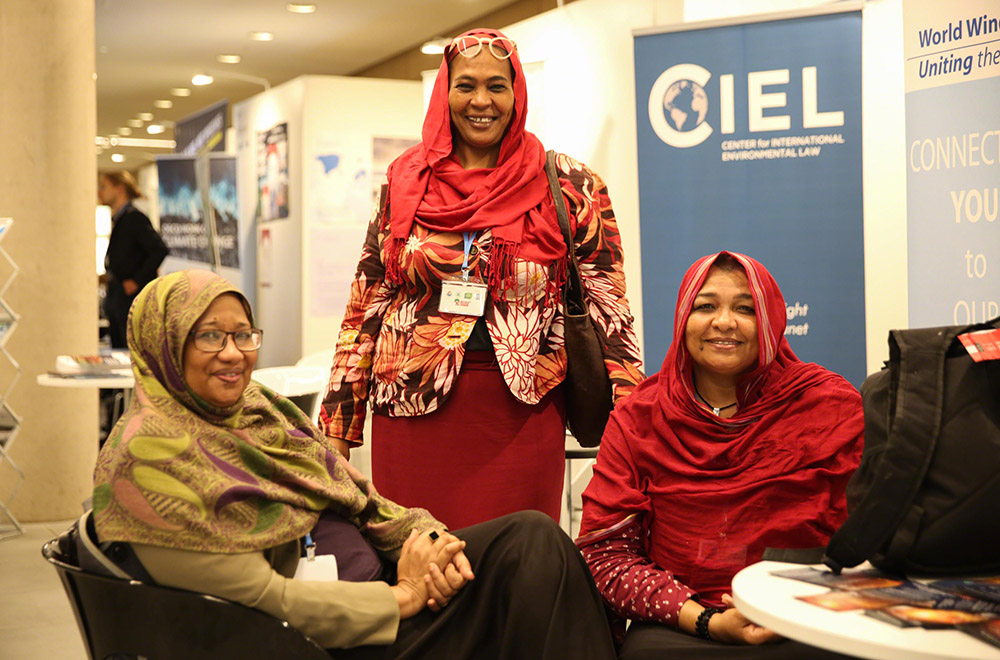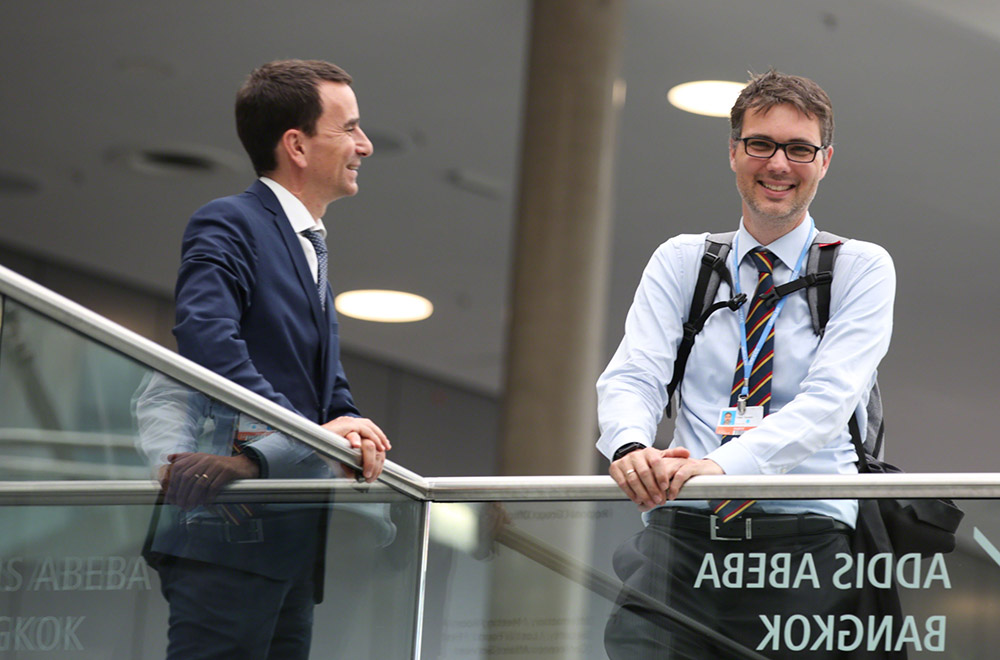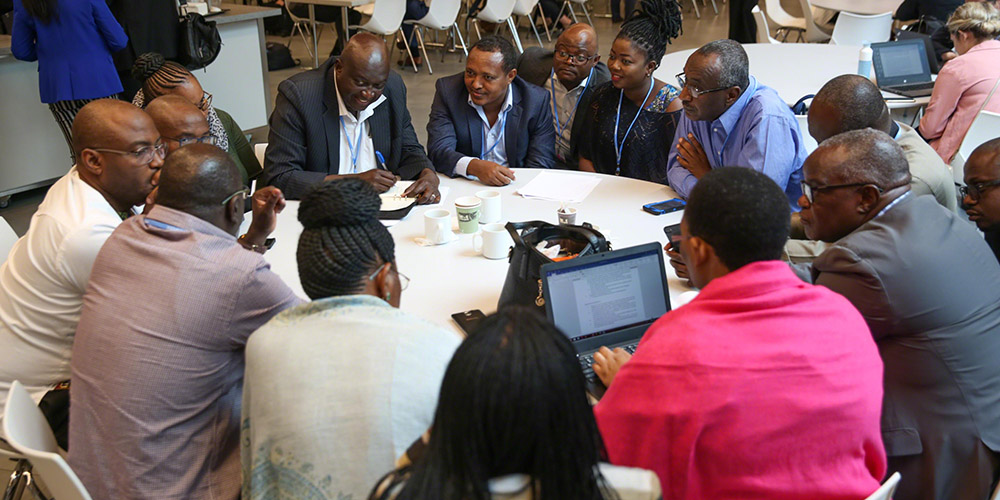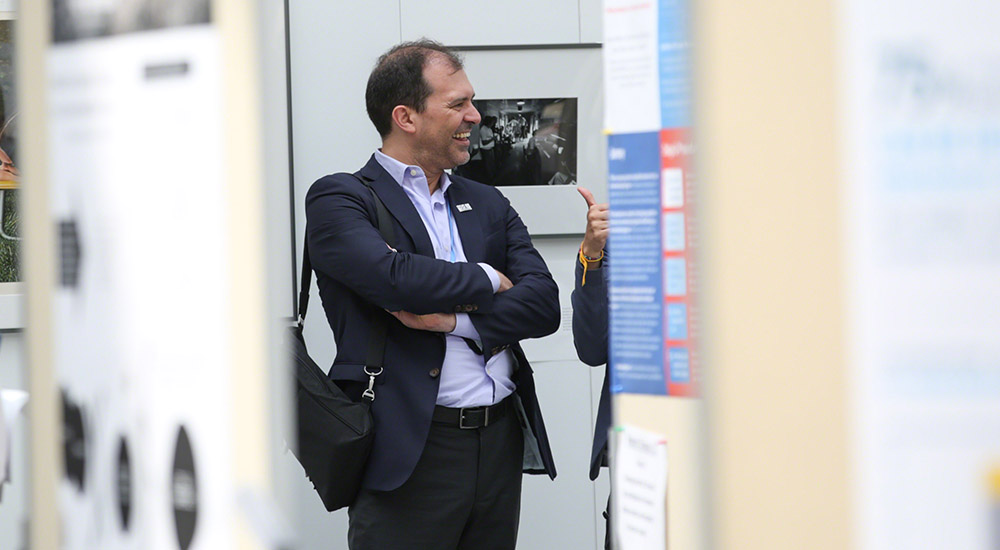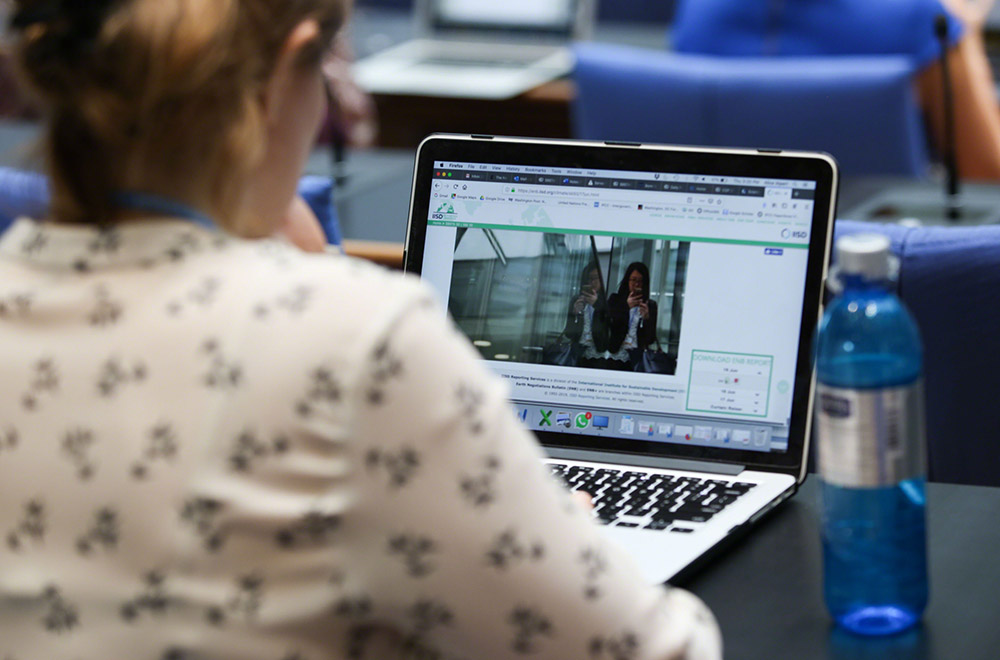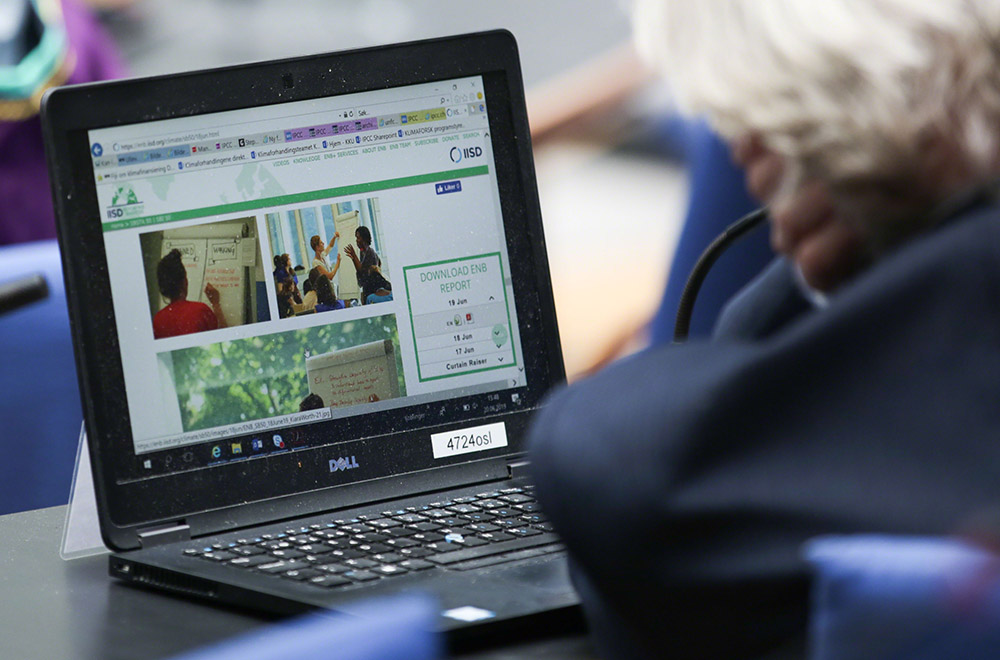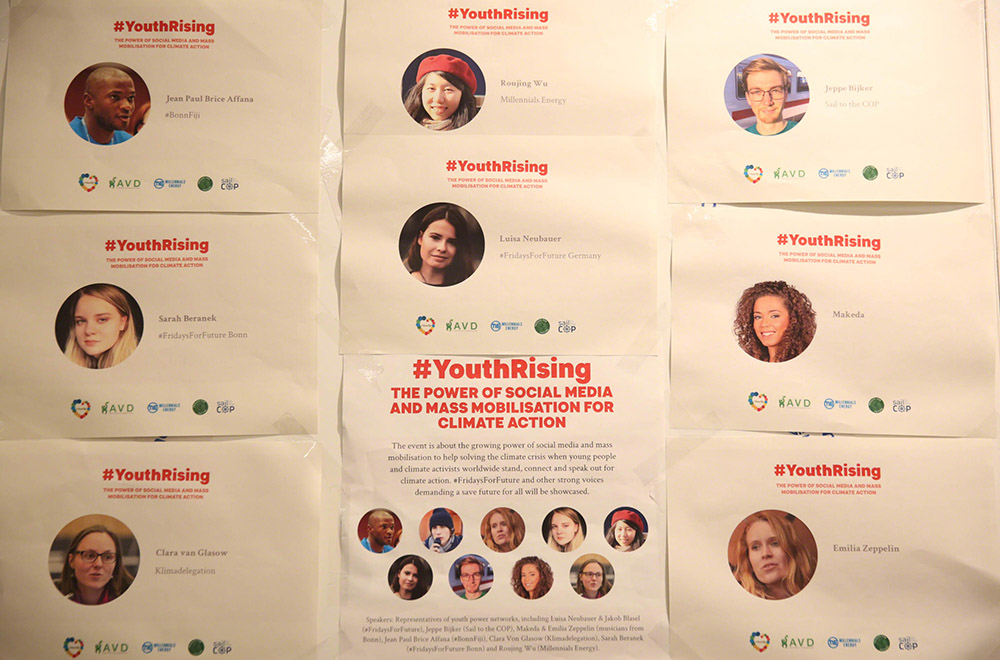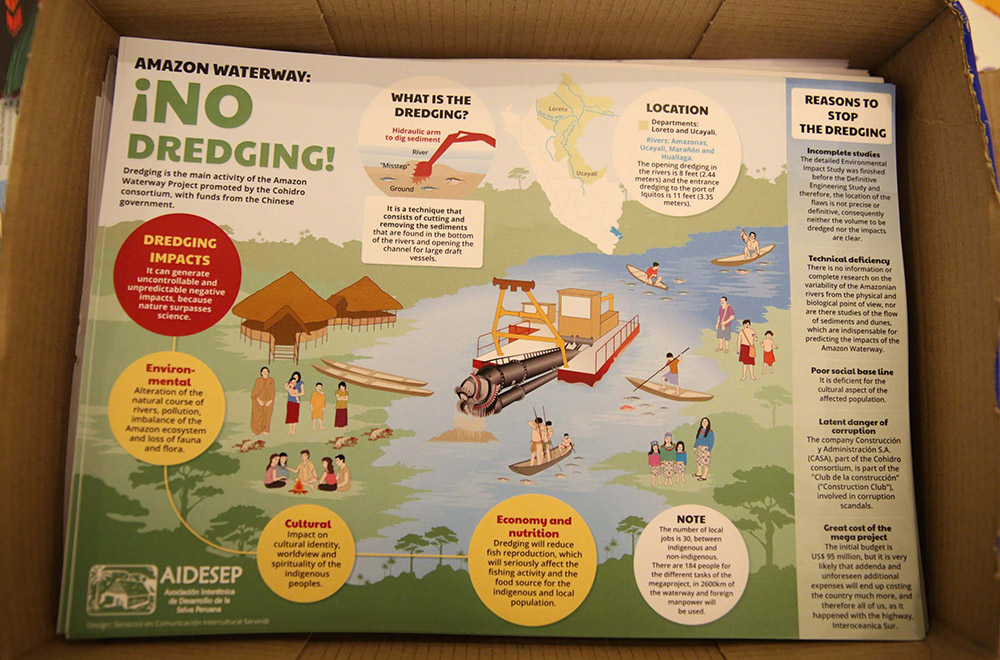Summary
Highlights for Thursday, 20 June 2019
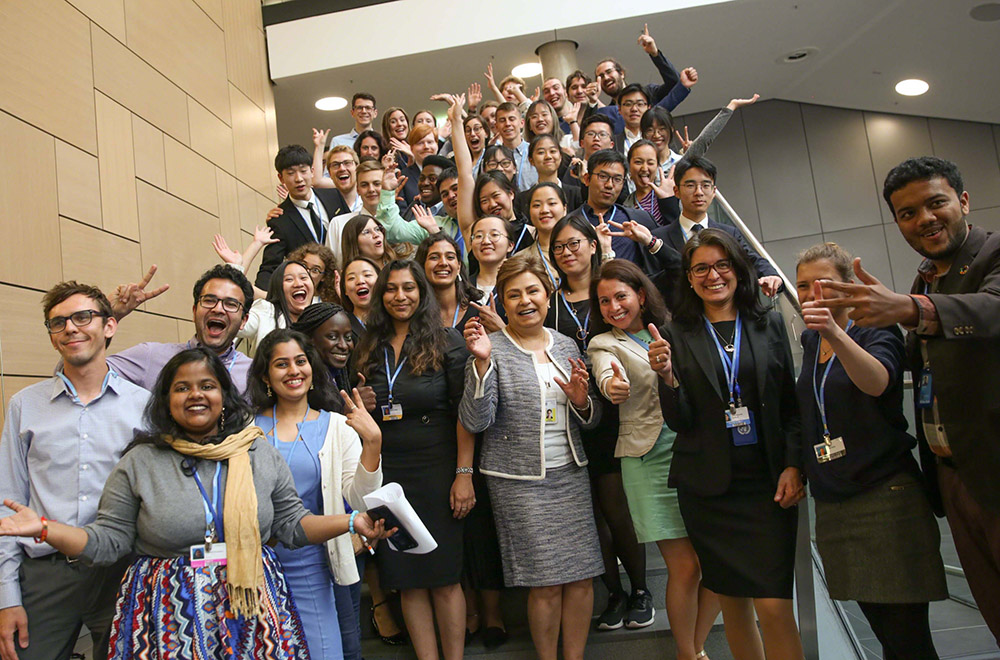
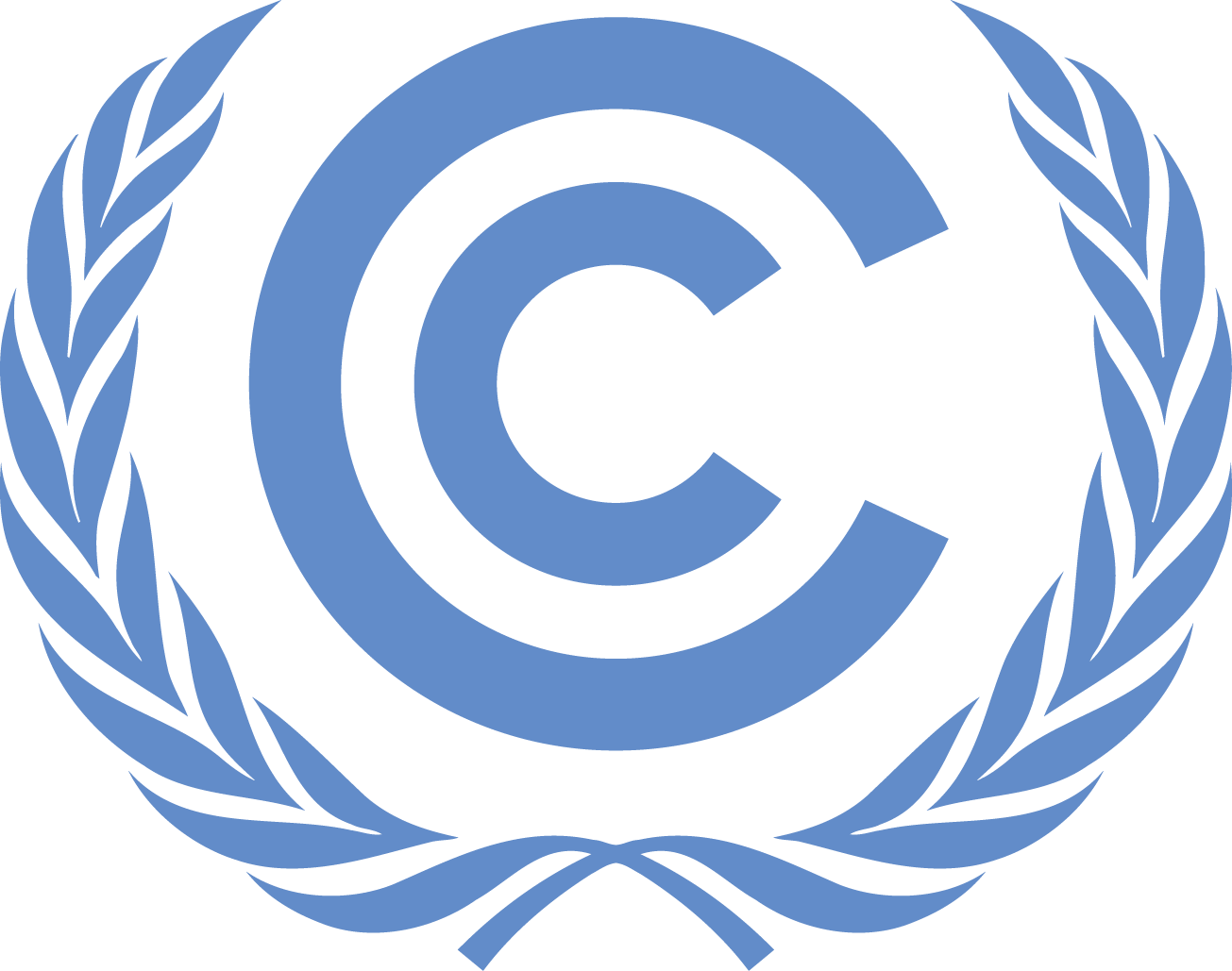 On Thursday, the Bonn Climate Change Conference continued, carefully working in negotiating rooms while also thinking more broadly in various thematic meetings and mandated events.The need for science-based action for transformational change echoed more strongly than ever as Martin Frick, UNFCCC Secretariat, opened the Technical Expert Meeting by praising researchers and knowledge holders, reminding participants that “We need to speak about a climate emergency, not just climate change anymore.” In the research dialogue, experts stressed solutions were available, but under used, to transform the energy sector and build resilience. A common theme was the need to translate and transmit science and social science to policy makers. In other fora, delegates stressed the importance of scientific assessments in informing the periodic review of the Long-term Global Goal and the review of the Warsaw International Mechanism on Loss and Damage associated with climate change impacts.Much of the negotiations continued the focus on Article 6 (markets and non-market approaches) and how countries will report through the Paris Agreement’s enhanced transparency framework. The tasks on these issues are very different. For Article 6, delegates are working to create three new institutions, for internationally transferrable mitigation outcomes (ITMOs), a market mechanism, and non-market approaches.For many of the other issues discussed, parties are trying to find ways to make existing systems fit for purpose under the Paris Agreement. For reporting formats, this means reviewing existing forms and templates, and considering how to make them appropriate for all countries to use. Many are currently designed to be used either by developed or developing countries. Countries are trying to work out how to make sure developed countries continue to provide the same, or more, information, while allowing developing countries the flexibilities they need given how difficult it can be to gather and report technical information.Building national capacities to implement the Paris Agreement was the focus of the Durban Forum for Capacity-building. Participants brainstormed on the role of academia and research institutes, and how to coordinate national and international stakeholders. Of interest to many was best practices for showcasing, and assessing, the effectiveness of capacity-building activities.For more details on the day's events and to hear what delegates said in the corridors, see our daily Earth Negotiations Bulletin (ENB).
On Thursday, the Bonn Climate Change Conference continued, carefully working in negotiating rooms while also thinking more broadly in various thematic meetings and mandated events.The need for science-based action for transformational change echoed more strongly than ever as Martin Frick, UNFCCC Secretariat, opened the Technical Expert Meeting by praising researchers and knowledge holders, reminding participants that “We need to speak about a climate emergency, not just climate change anymore.” In the research dialogue, experts stressed solutions were available, but under used, to transform the energy sector and build resilience. A common theme was the need to translate and transmit science and social science to policy makers. In other fora, delegates stressed the importance of scientific assessments in informing the periodic review of the Long-term Global Goal and the review of the Warsaw International Mechanism on Loss and Damage associated with climate change impacts.Much of the negotiations continued the focus on Article 6 (markets and non-market approaches) and how countries will report through the Paris Agreement’s enhanced transparency framework. The tasks on these issues are very different. For Article 6, delegates are working to create three new institutions, for internationally transferrable mitigation outcomes (ITMOs), a market mechanism, and non-market approaches.For many of the other issues discussed, parties are trying to find ways to make existing systems fit for purpose under the Paris Agreement. For reporting formats, this means reviewing existing forms and templates, and considering how to make them appropriate for all countries to use. Many are currently designed to be used either by developed or developing countries. Countries are trying to work out how to make sure developed countries continue to provide the same, or more, information, while allowing developing countries the flexibilities they need given how difficult it can be to gather and report technical information.Building national capacities to implement the Paris Agreement was the focus of the Durban Forum for Capacity-building. Participants brainstormed on the role of academia and research institutes, and how to coordinate national and international stakeholders. Of interest to many was best practices for showcasing, and assessing, the effectiveness of capacity-building activities.For more details on the day's events and to hear what delegates said in the corridors, see our daily Earth Negotiations Bulletin (ENB).
IISD Reporting Services, through its ENB Meeting Coverage, provided daily web coverage, daily reports, and a summary and analysis report from the Bonn Climate Change Conference - June 2019, which is now available in HTML and PDF.
Photos by IISD/ENB | Kiara Worth
For photo reprint permissions, please follow instructions at our Attribution Regulations for Meeting Photo Usage Page
Technical Expert Meeting on Mitigation
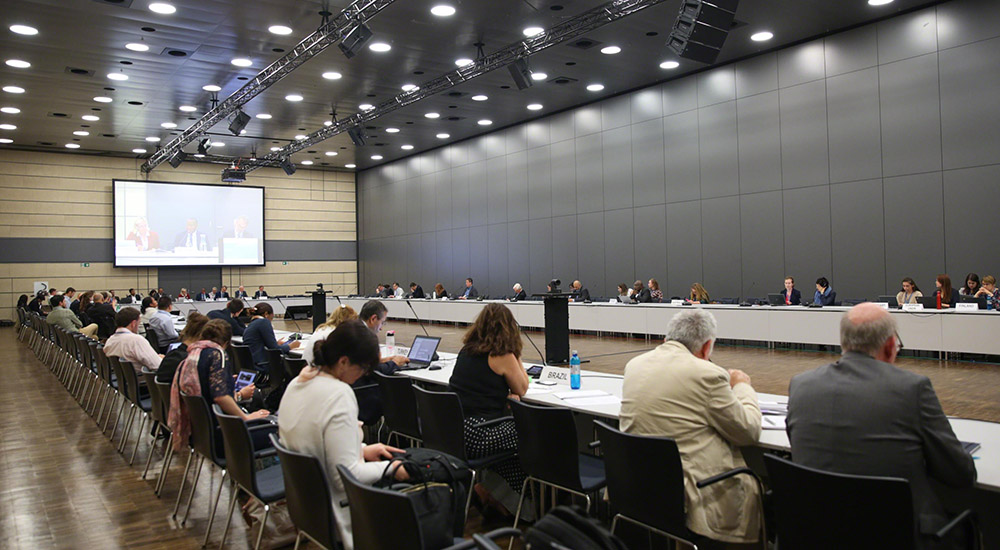
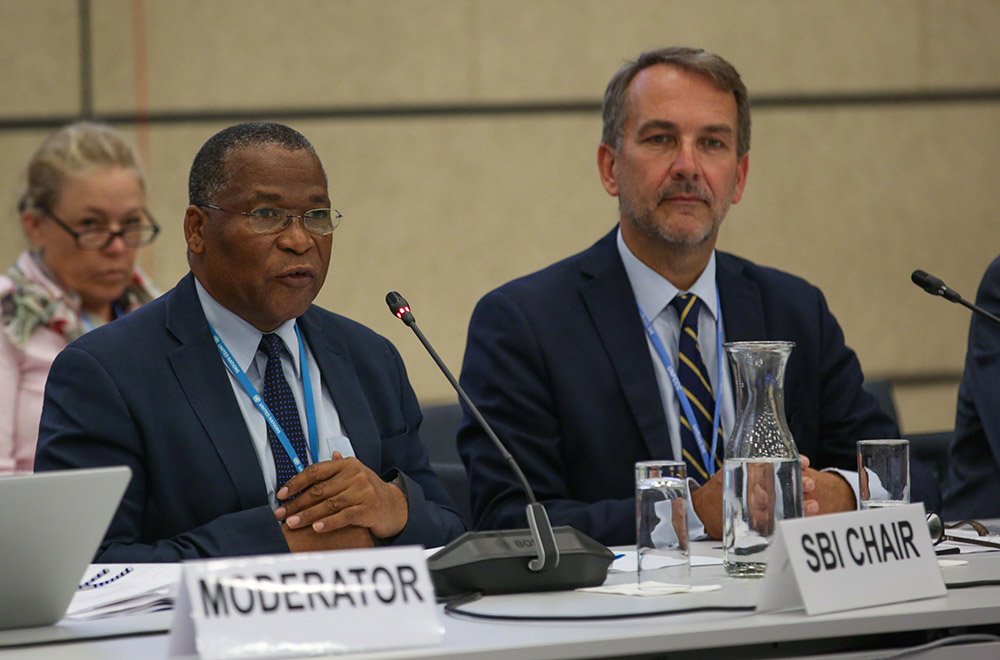
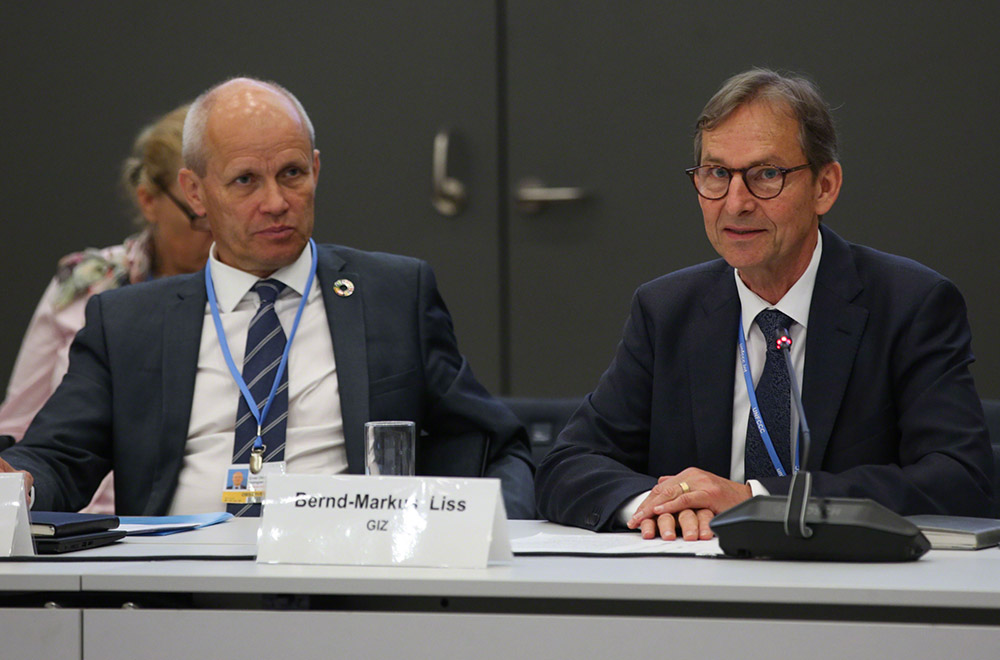
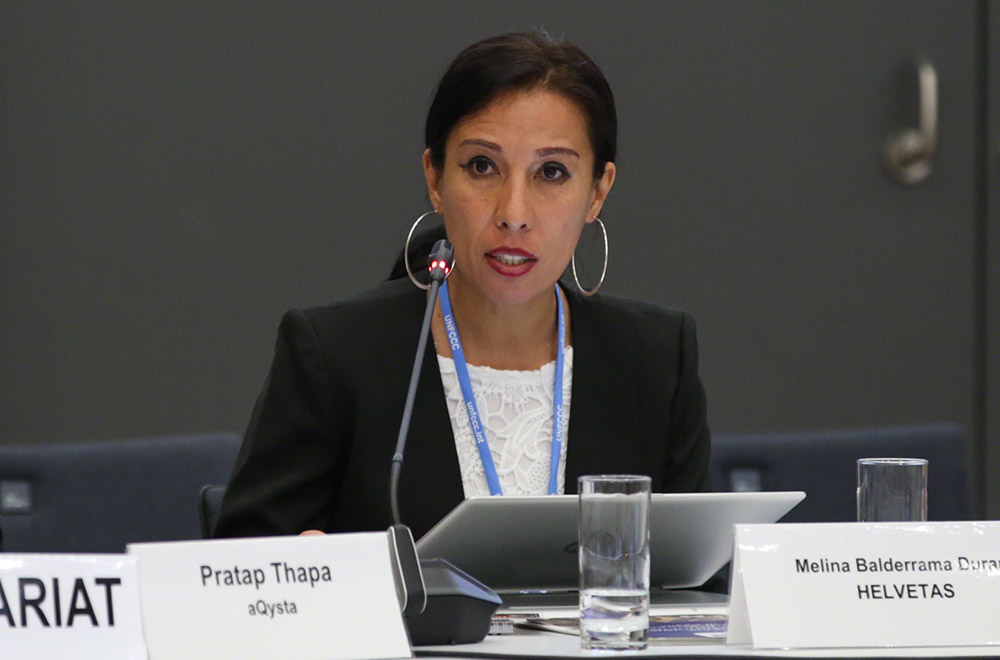
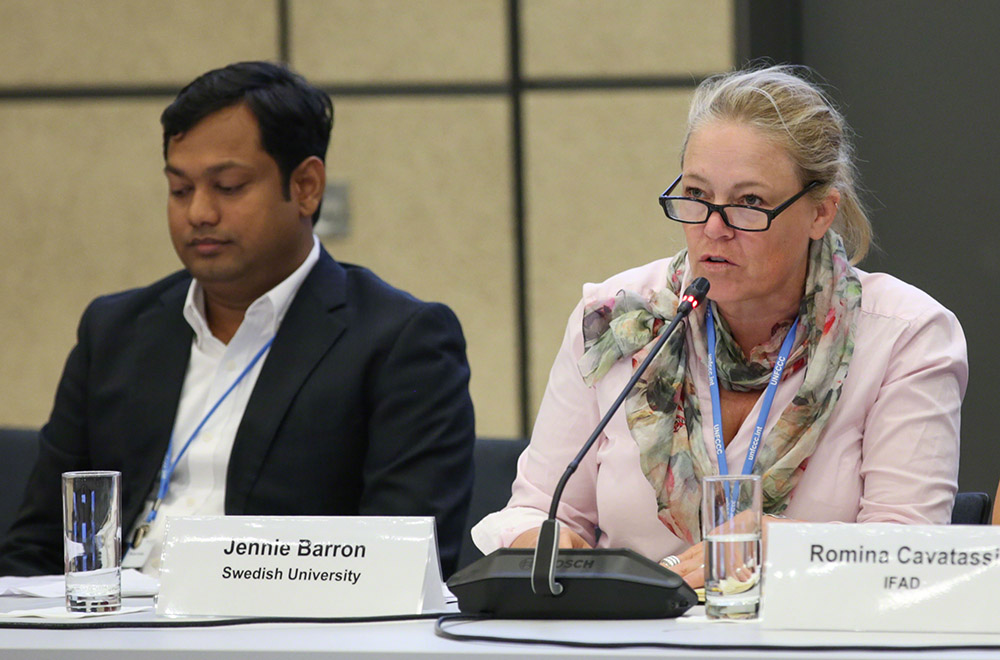
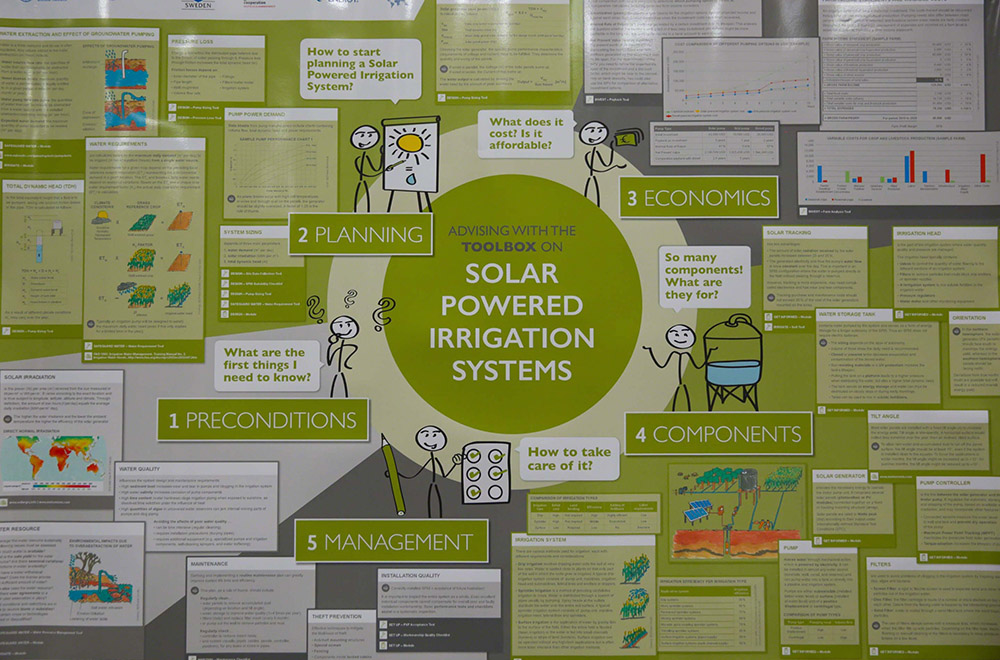
8th Durban Forum on Capacity-Building
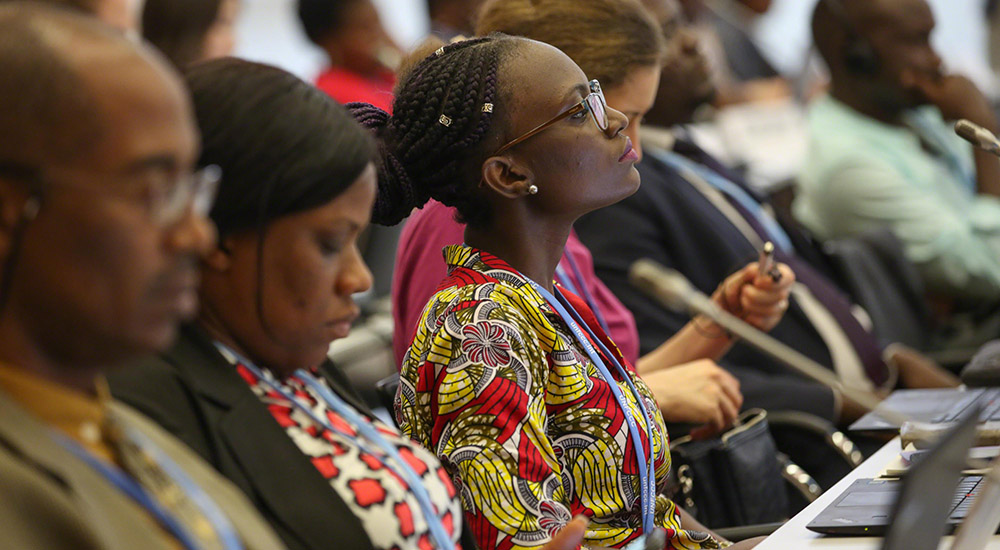
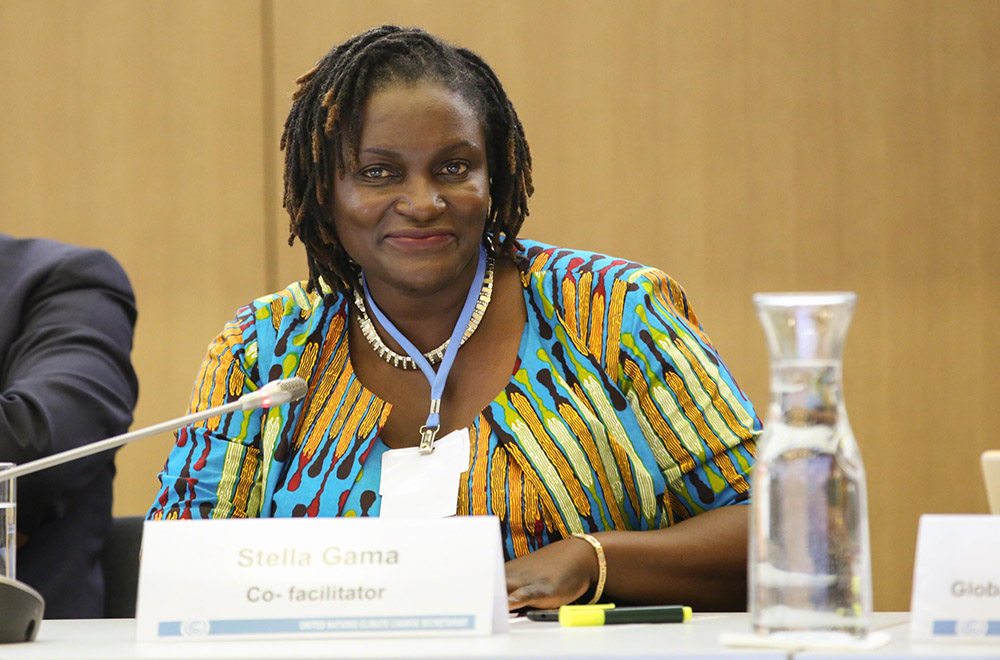
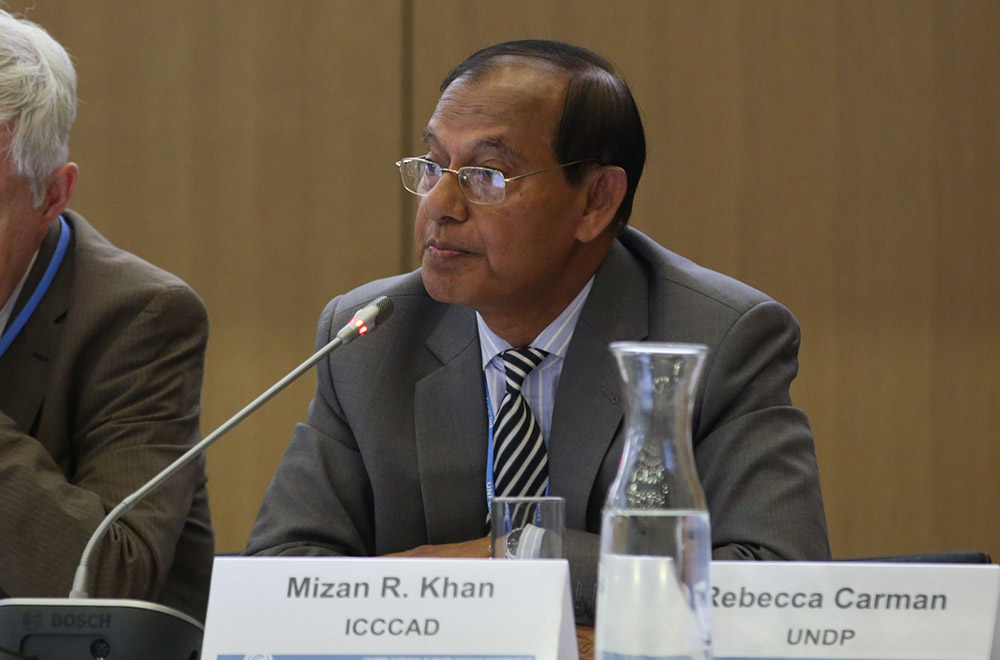
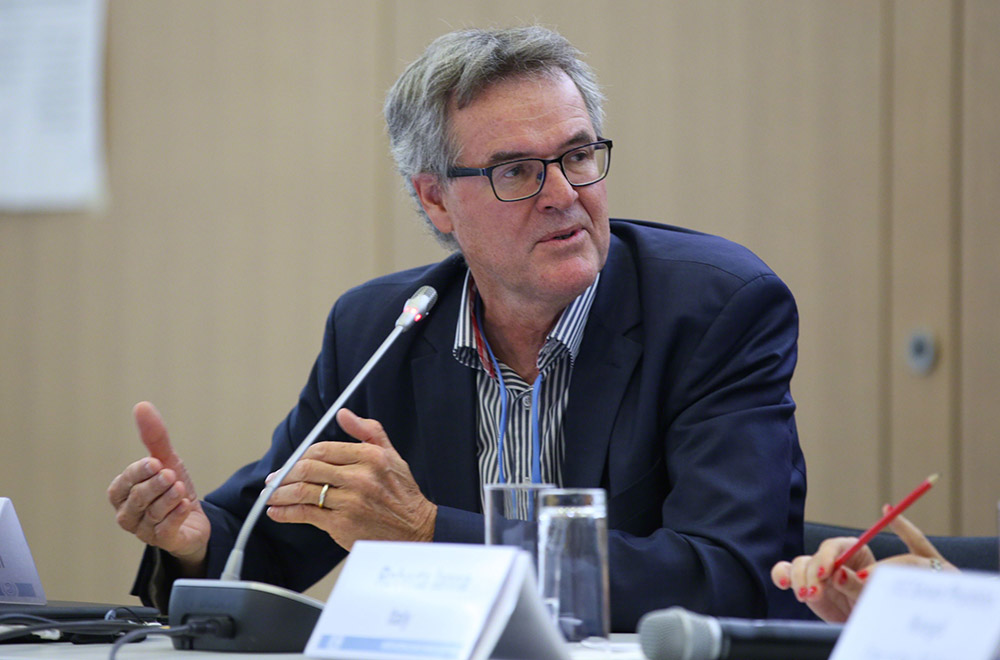
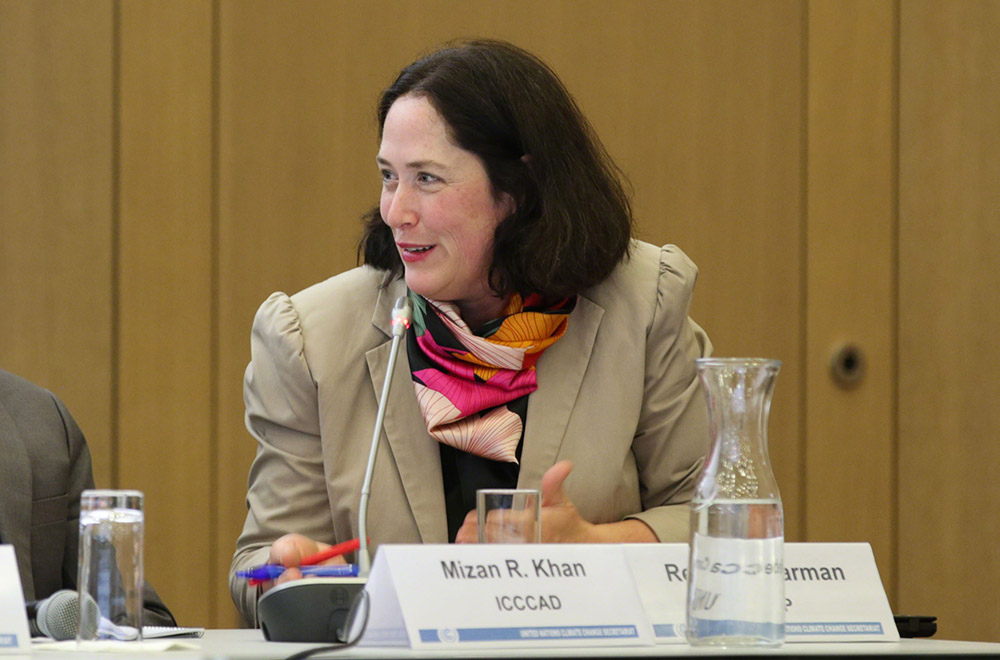

Eleventh Meeting of the Research Dialogue
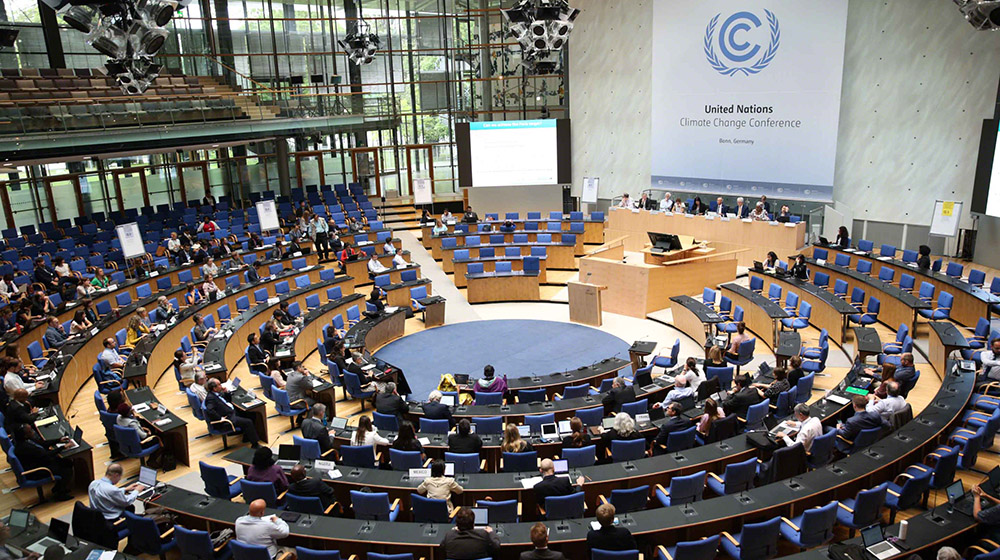

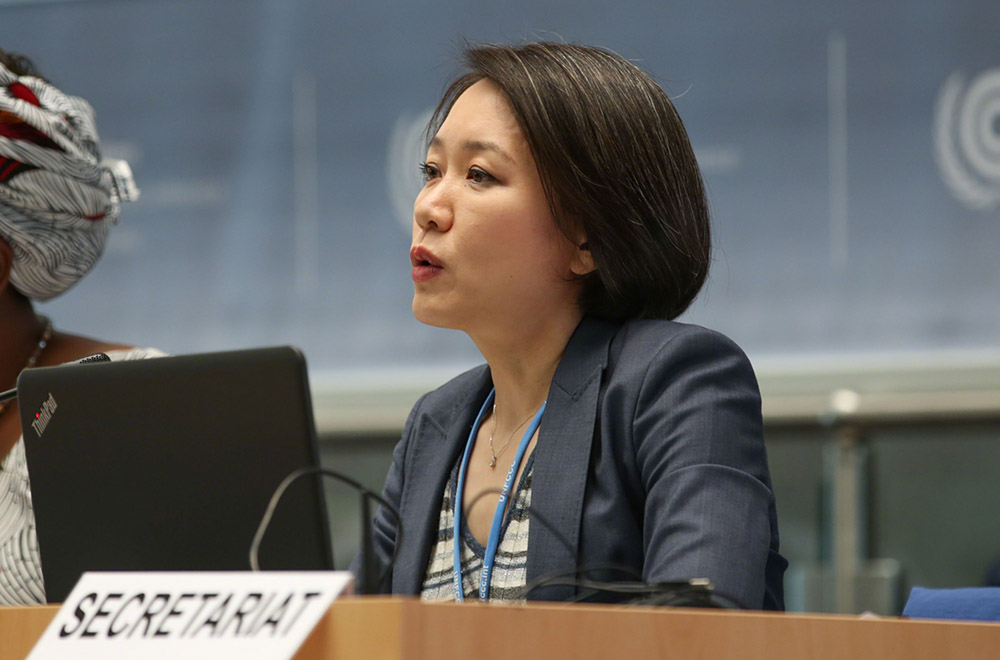
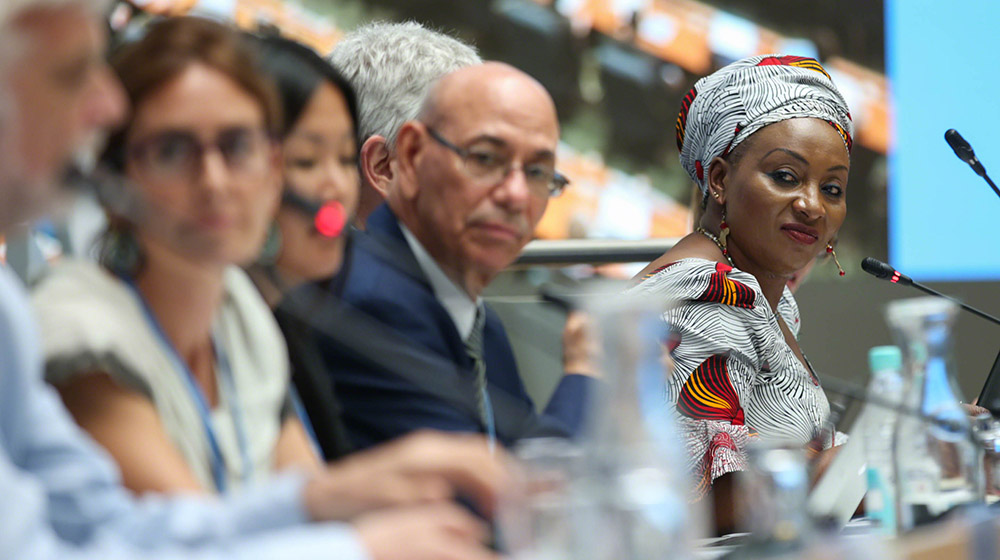
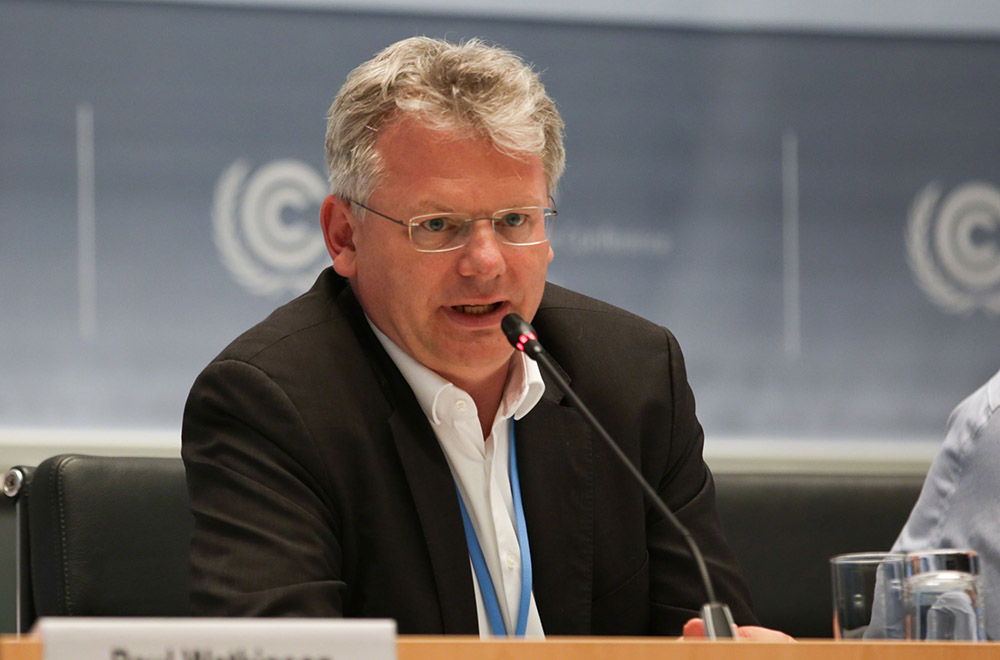
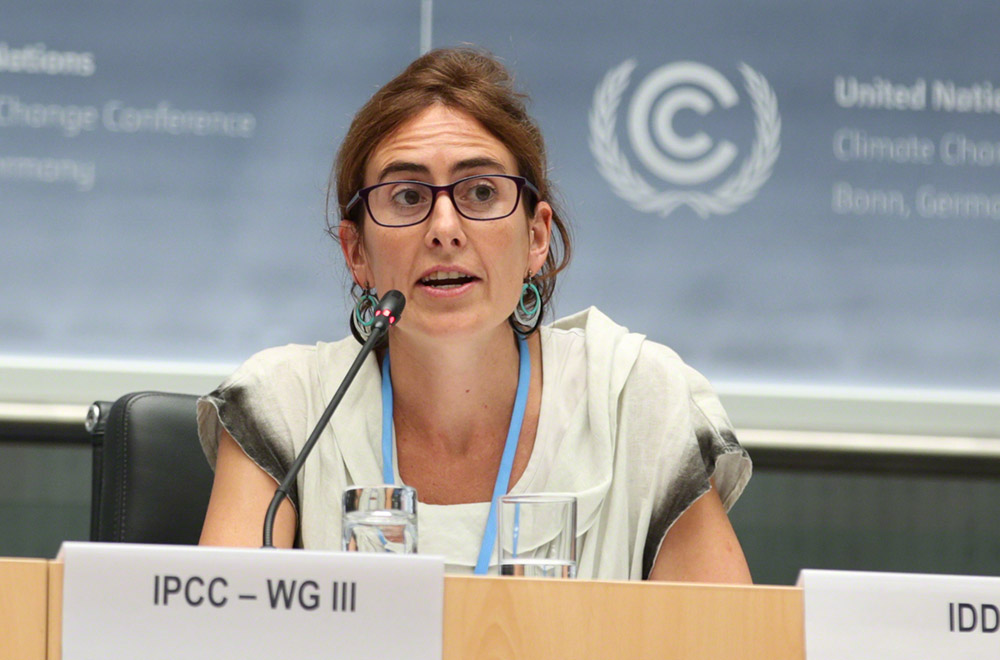
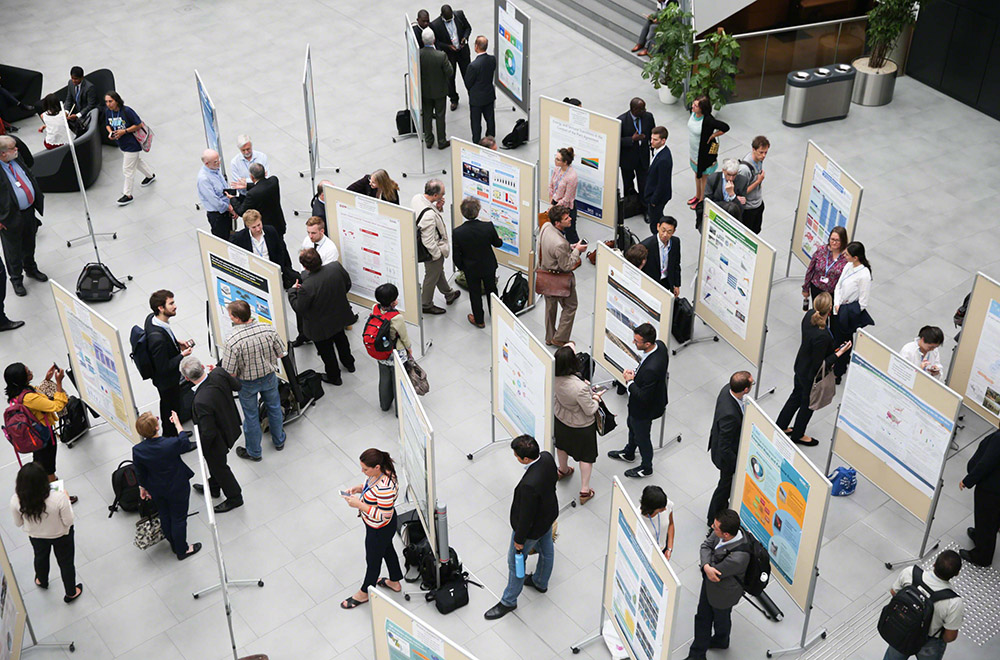
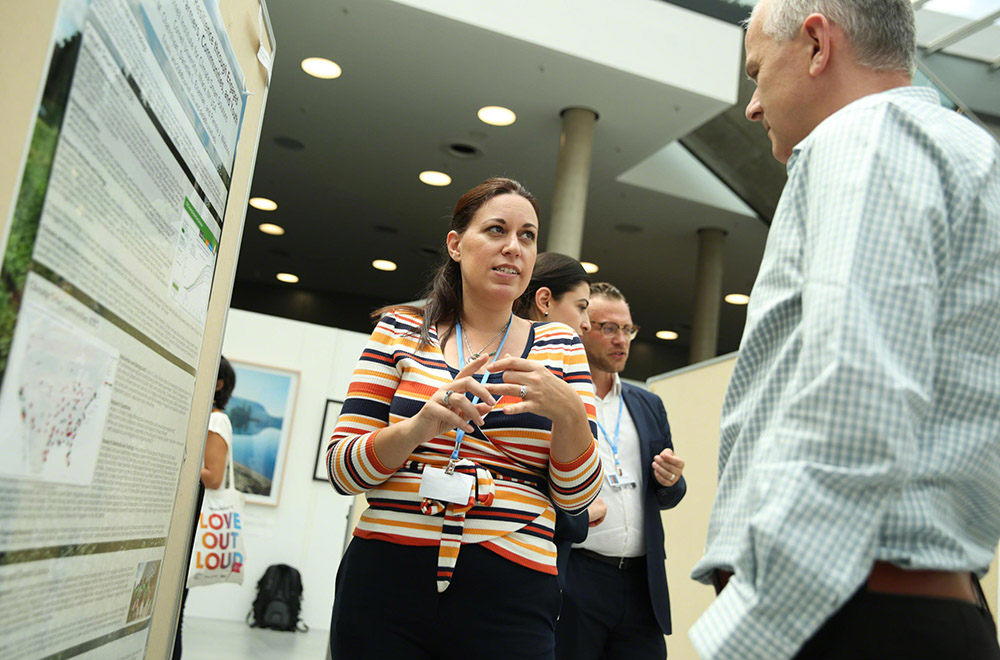
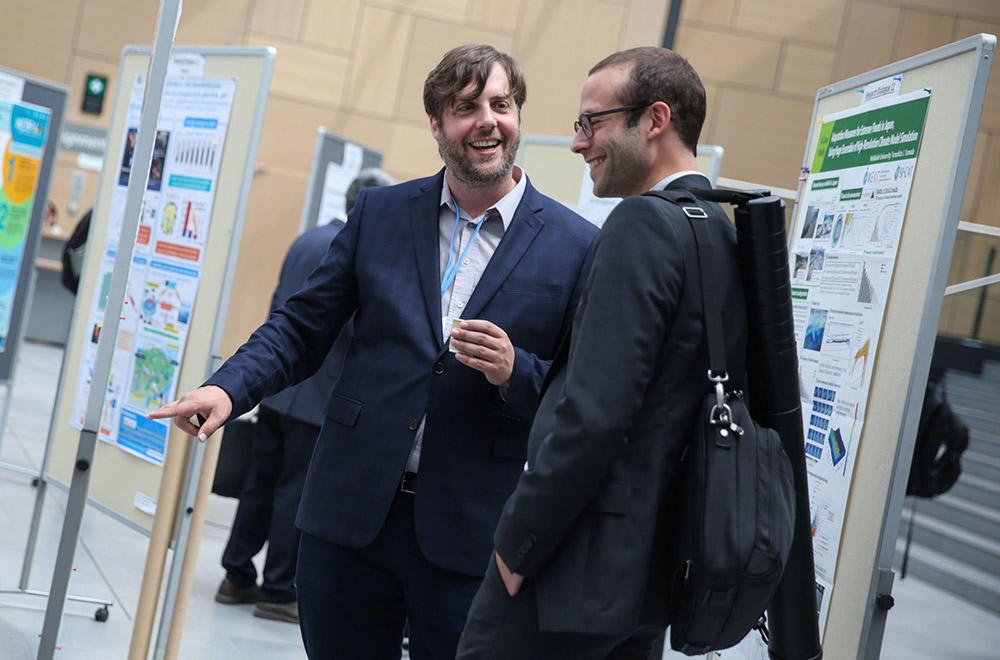
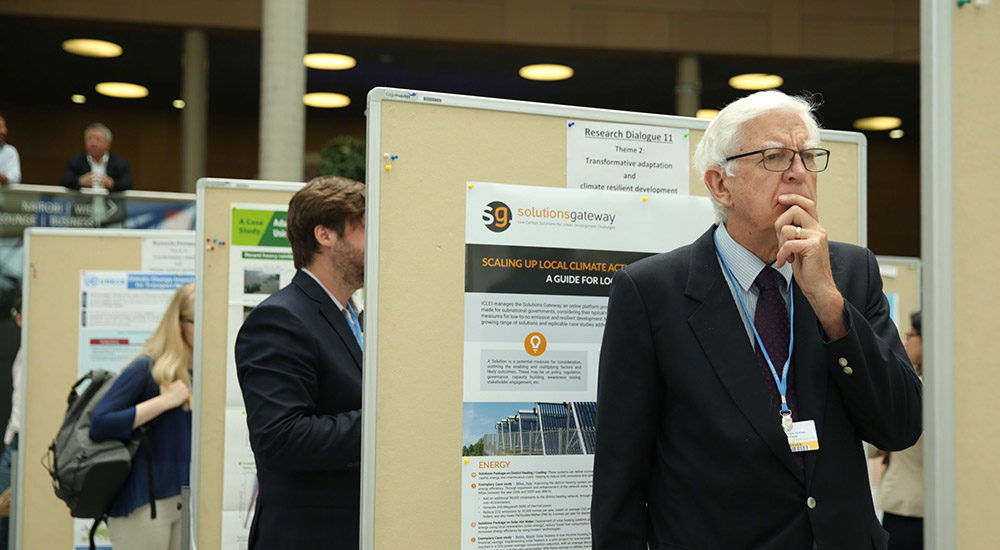
Executive Secretary's Briefing with Observers
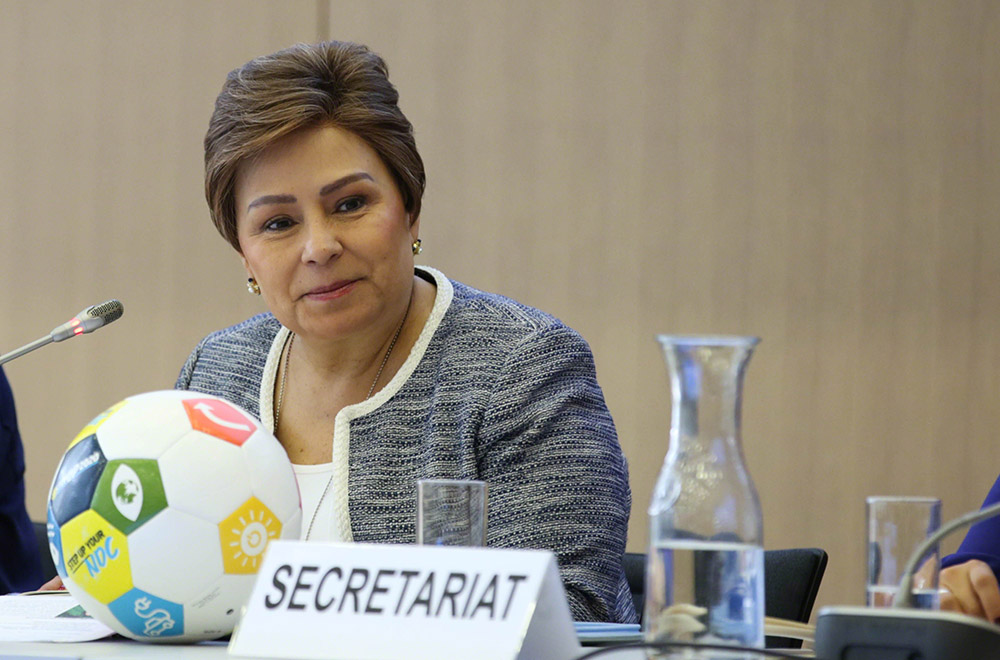
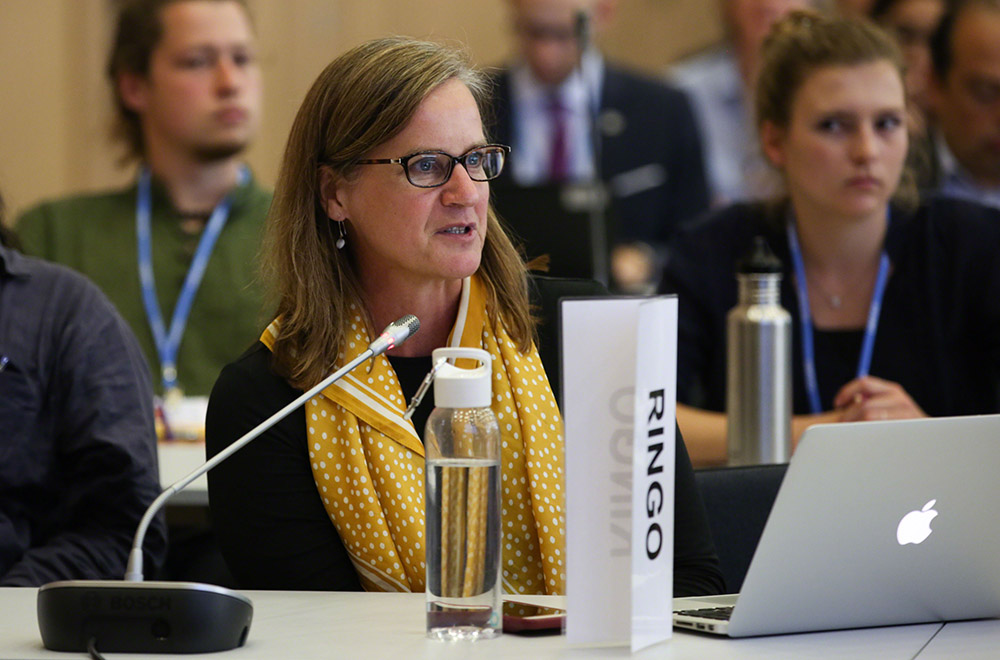
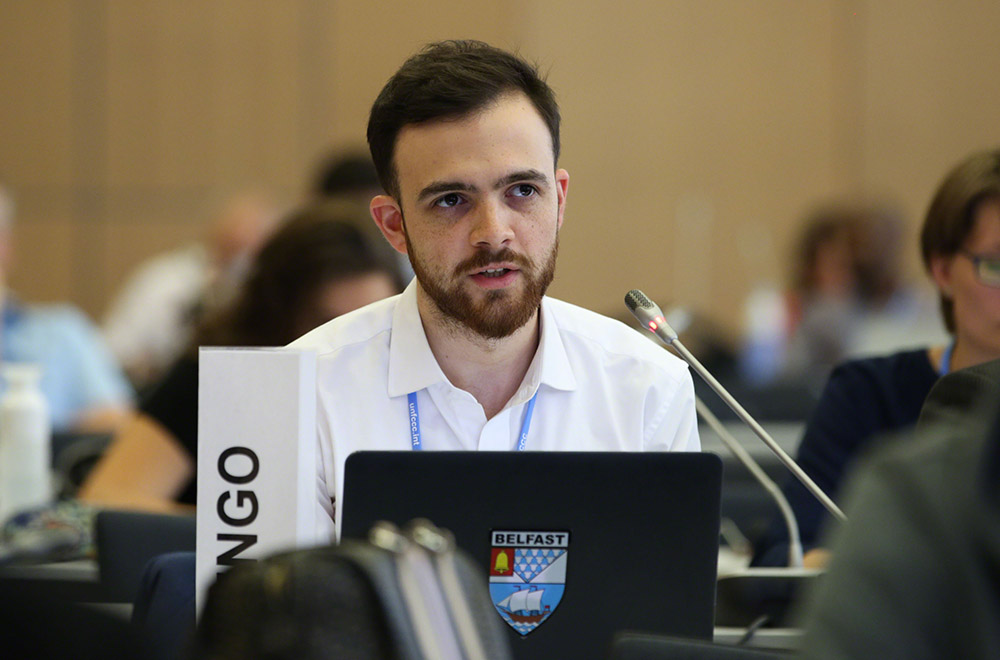
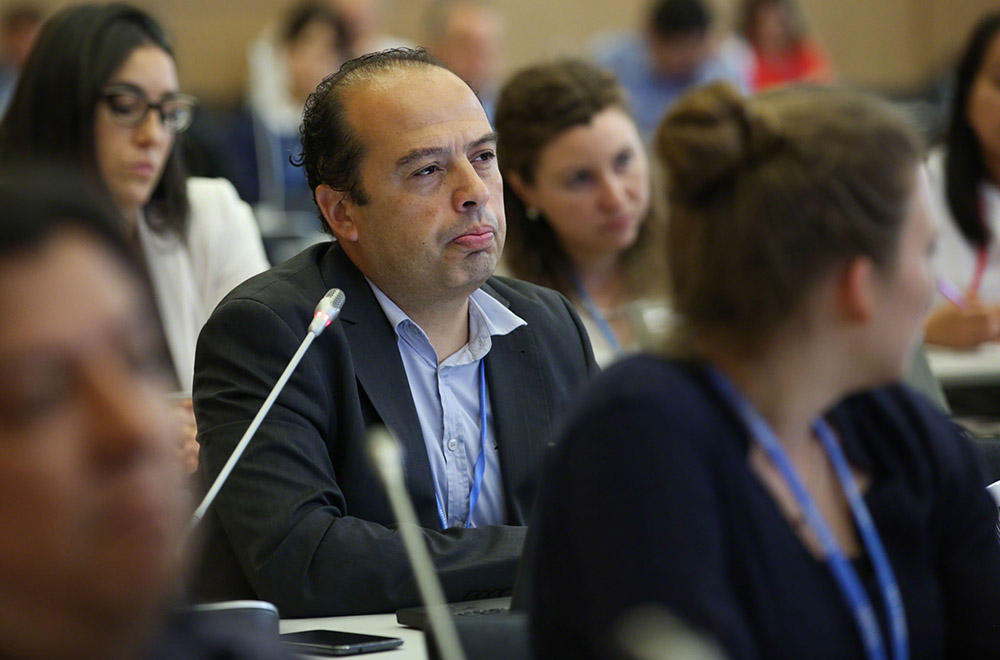
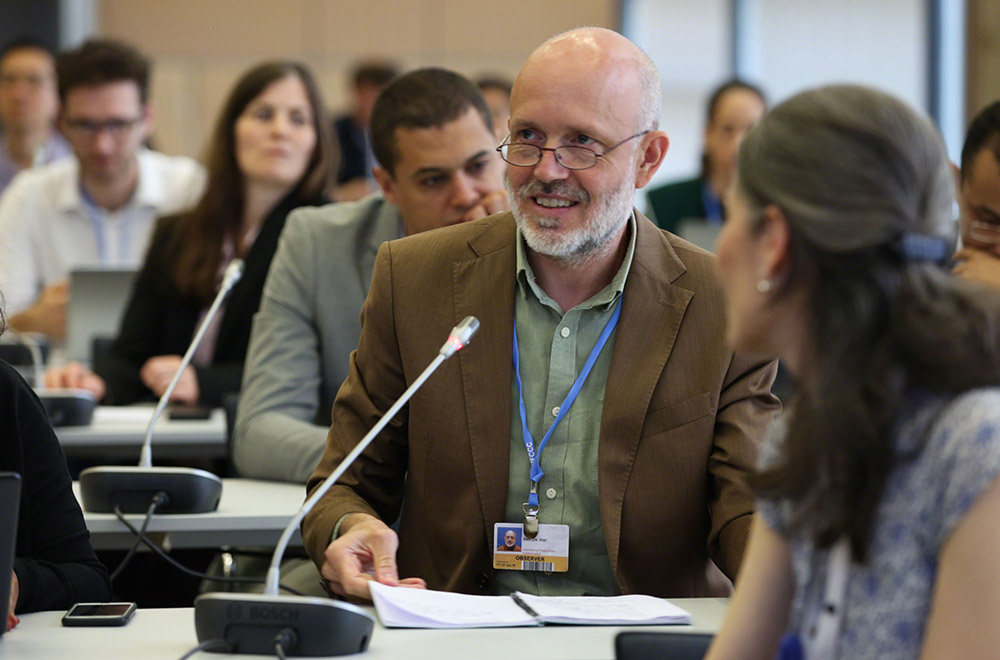
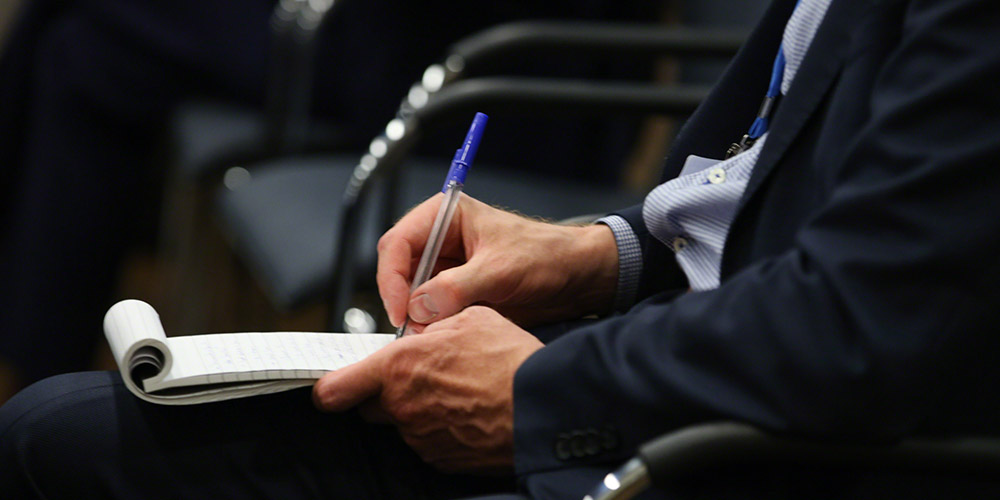
Consultations throughout the Day
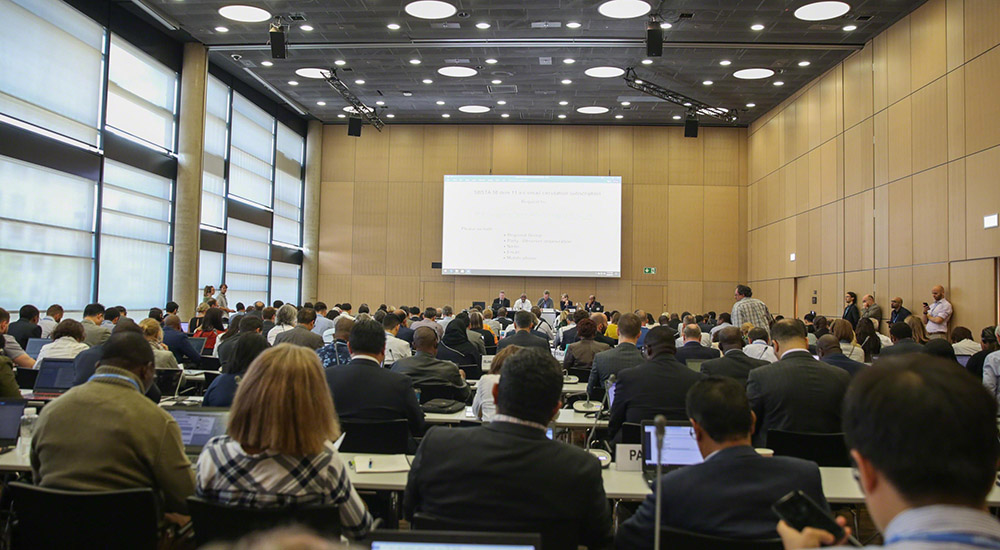
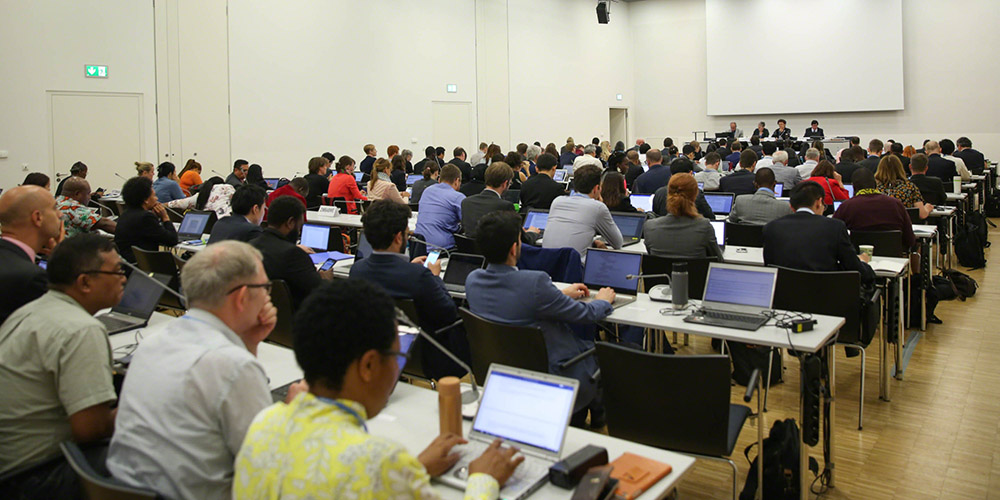
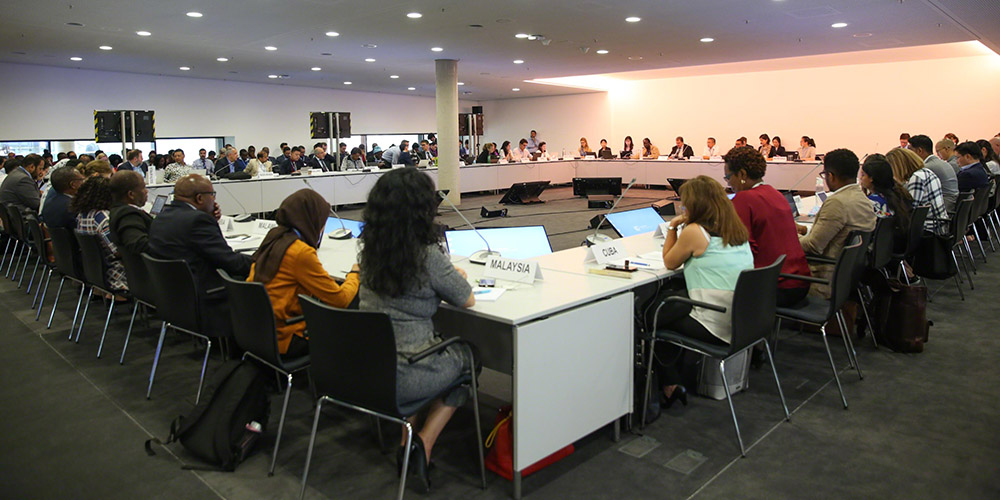
Around the Venue
